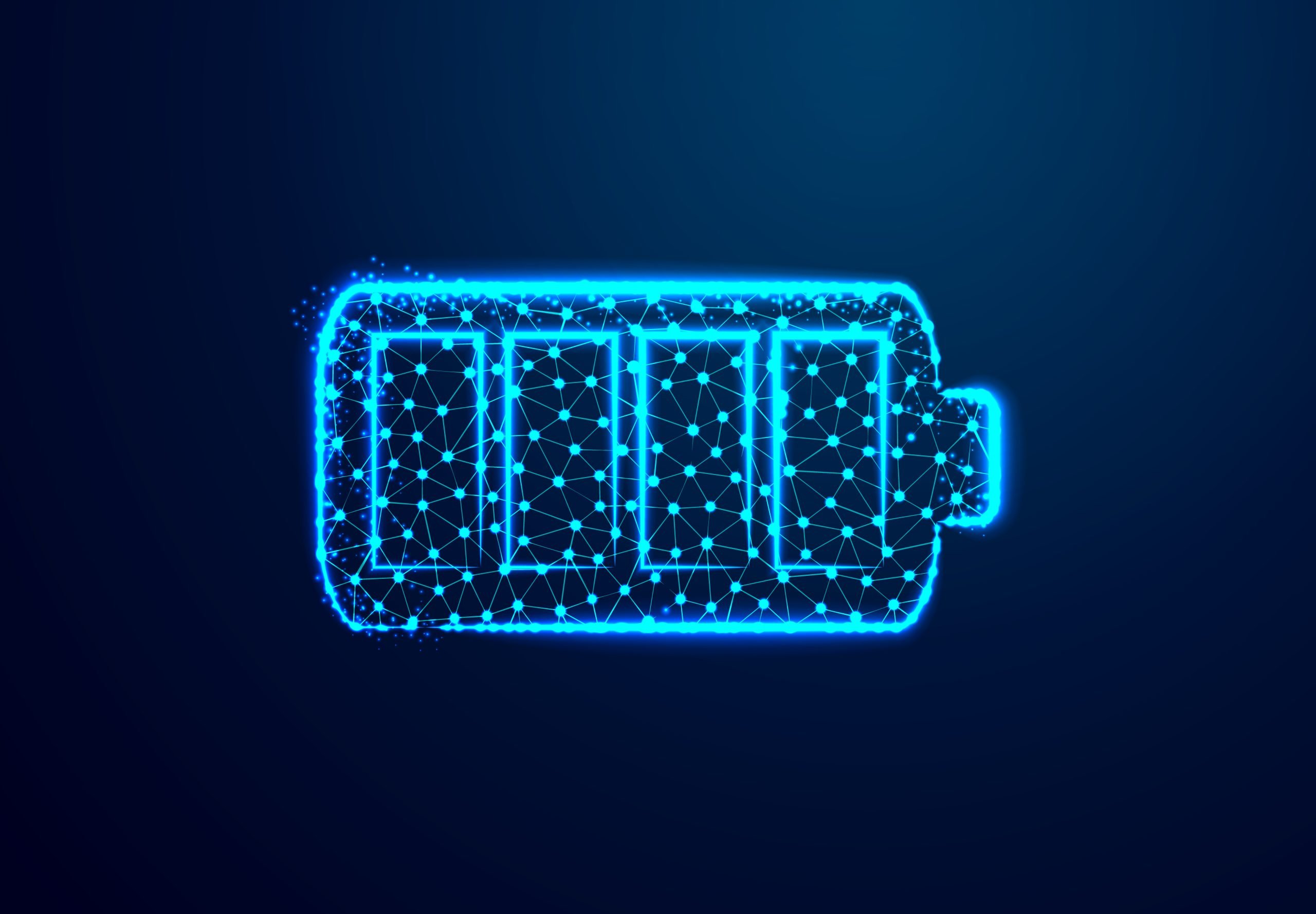This text was written by a TecMundo columnist; Learn more at the end.
Who can and Should you prescribe physical exercises: doctors, scientists, PE specialists or ChapGPT? This was a recent discussion by the Chinese in a major scientific journal in the field of Physical Education.
There is no doubt about the answer to this question in Brazil. Persons who can prescribe exercise are Physical Education professionals who have graduated from an institution recognized by MEC and registered with the Professional Council (CONFEF/CREF System). However, the last item that attracts attention in this discussion: ChatGPT.
Just as artificial intelligence is used for various activities, exercise prescription can also be done using the OpenAI tool, but will it be effective?
A few months ago, we asked the tool to create running and weight training workouts and evaluated them against basic training principles. However, ChatGPT’s ability to design training is now being investigated more specifically. Researchers provided specific instructions (prompts) for a 12-week weight training workout.
GPT3.5 and GPT4.0 were asked to design workouts for hypothetical male and female subjects (20 years old, uninjured, and “intermediate” training experience). GPT4.0 was then asked to design an ‘improved’ program for the same profiles.
How did ChatGPT perform in training?
One thing we have already learned in practice about AI is that the more specific the questions, the better the answers appear. Both GPT3.5 and GPT4.0 were specific and recommended three periodic training phases lasting 4 weeks each semester.
Essentially, it is an arrangement of different stimuli over weeks, starting with high volume (more number of sets) and low intensity (not too high weight), moving through medium volume and high intensity, and ending with weeks of lifting a lot of weight. number of series but with less weight.
Authors evaluated What was suggested in the conversation regarding the scientific literature, classifying it as ‘strong’, ‘moderate’ or ‘weak’?These values are assigned by considering the appropriateness and completeness of how particular variables are integrated into education, including the extent to which they are consistent with established scientific standards and practices.

We know that science is the best path and guide for our actions, but the practice of bodybuilding is still largely guided by the personal experiences of bloggers and practitioners, we call this anecdotal evidence.
Overall ChatGPT training was well rated. Of the 36 items evaluated, classification was strong in 20, moderate in 12, and weak in 4. But regarding contemporary applications: All 3 programs were poor for different versions of ChatGPT. Apparently ChatGPT is not compatible with the latest scientific evidence.
Today, it is recognized that ChatGPT can be a complementary tool for planning training, accelerating idea generation for training prescription and reaffirming the need for human experience to maximize effectiveness.
In addition to the safety of the work performed, and no matter how incredible it may seem: the professional human may be more up-to-date than artificial intelligence regarding contemporary practices based on scientific evidence.
Although some have commented that ChatGPT is the future of fitness, the chatbot space did not appear as a trend in the American College of Sports Medicine’s 2024 rankings. ChatGPT should be used as a complementary tool that combines AI, not a substitute. With human expertise to optimize the effectiveness of exercise prescription.
***
Fábio Dominski He holds a PhD in Human Movement Sciences and a degree in Physical Education from Santa Catarina State University (UDESC). He is a university professor and researcher at the Laboratory of Sport and Exercise Psychology (LAPE/UDESC). he is doing scientific dissemination on social media there podcast available on Spotify. Author of Physical Exercise and Science – Facts and Myths.
Source: Tec Mundo
I’m Blaine Morgan, an experienced journalist and writer with over 8 years of experience in the tech industry. My expertise lies in writing about technology news and trends, covering everything from cutting-edge gadgets to emerging software developments. I’ve written for several leading publications including Gadget Onus where I am an author.












